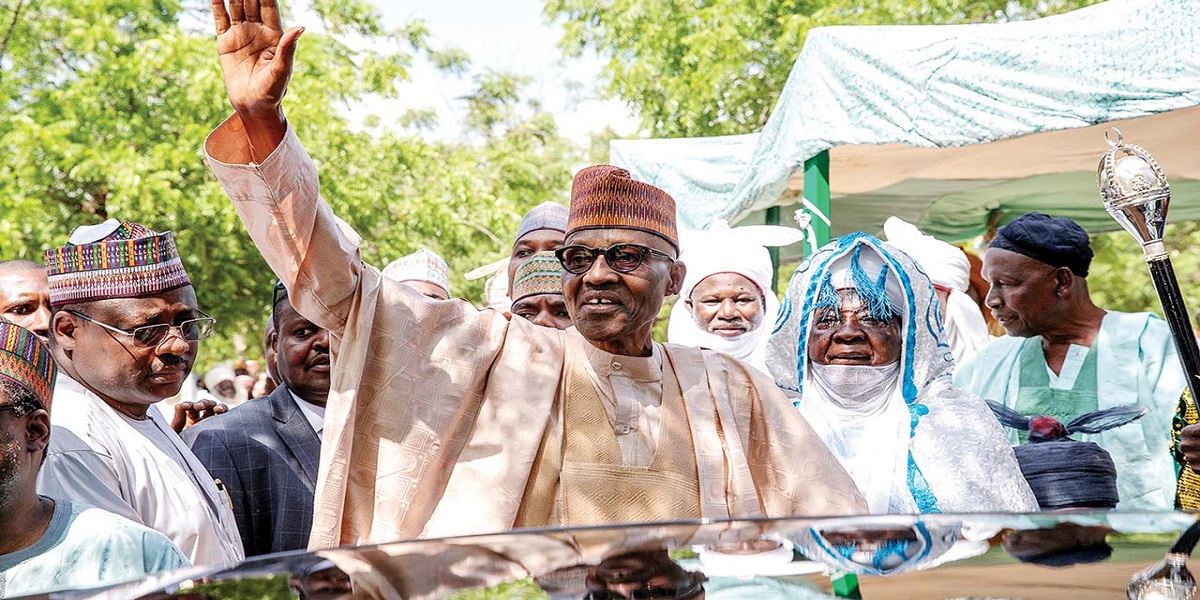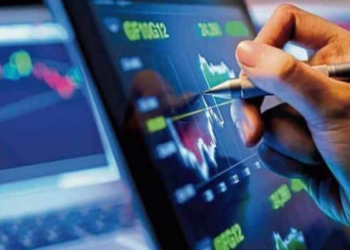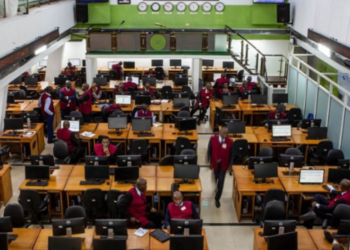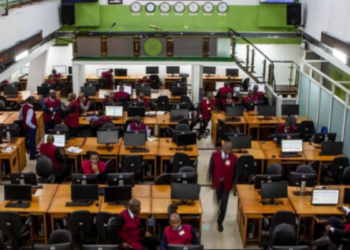While the President’s admission of his intent to run in the 2019 elections could be a cause for concern to investors, there could be significant upside if he emerges as the winner of the presidential election.
See associated risk of Buhari running for Presidency again.
Less Uncertainty in the system
News of the President contesting lowers the amount of uncertainty in the polity. Had he declined to seek re-election, there would have been a keen power struggle in the All Progressives Congress (APC) among the various participants who had expressed subtle interests in running.
Some of these hopefuls are already in the corridors of power and had Buhari decided to not to seek re-election, the competition would have been fierce and might have derailed the candidates’ focus from running the affairs of the country, thereby causing upheavals in governance.
Also, political uncertainty leads to major investment decisions being put on hold till after the elections. This would have lowered the number of potential new jobs that would have been created.
Continuity
Even though the President would be expected to make changes in his cabinet, his winning the election would lead to continuity in terms of policy implementation. A new administration would need at least the better part of a year to settle down and get to work and could decide to reverse key decisions taken by the current government.
Boost to the economy from election spending
President Buhari’s decision to contest the elections would lead to an increase in the quantum of funds that would be dedicated to campaign finance.This runs into tens of billions of naira, which in turn has a positive trickle-down effect on the economy.
While the President is known for his spartan nature, members of the party across all tiers have vested interests in ensuring that the ruling APC retains the Presidency. Contestants on the other platforms seeking to unseat the President would have to reach deeper into their pockets which in the long run, would improve money circulation in the country.
Foreign Exchange stability
Despite criticism for refusing to devalue the currency in the face of a drop in dollar revenue, the Buhari administration has since gotten its foreign exchange policy right by keeping supply stable. Crude oil price has also rebounded to $70 a barrel and is predicted to remain within the $50-$70 range in the medium term.
Availability of foreign exchange gives foreign investors the confidence to move into the market. Last year’s gains on the Nigerian Stock Exchange were largely driven by the activities of foreign investors. If the current peace in the Niger Delta is sustained, stability in the exchange rate could remain.
Indigenous firms come first
The administration has also shown a preference for policies that favour local industries. This could also continue in the event of his winning a second term. The ban on imported palm oil, for example, has led to a huge spike in demand for local firms like Okomu Oil and Presco Plc.
The Anchors Borrowers Programme and Presidential Fertilizer Initiative have in some ways improved productivity in the Agric sector.
Security will remain on the front burner
While the administration has stumbled in its economic management, it has scored decent marks when it comes to security. The North East and the Niger Delta have become much more peaceful. The government recently obtained approval for a $1 billion withdrawal from the Excess Crude Account (ECA) to buy military equipment. This indicates that security will remain a priority on Buhari’s agenda.
Relative security will keep investors within the country and encourage others to invest.
Infrastructure drive will remain
The Buhari government has embarked on several large ticket infrastructure projects which should come to fruition in the next 4 years. A N100 billion Sukuk bond was raised for the rehabilitation of roads. The Lagos-Ibadan railway project is billed to be completed in the first quarter of 2019.
Modern infrastructure will help in facilitating the ease of doing business and as well as lower operating costs for companies.
Fuel prices could remain stable
The government has largely resisted an increase in pump price, partly due to the political backlash that could follow, as well as the President’s belief that the vast majority of Nigerians would feel the pinch of an increase. The NNPC has thus preferred to call the current subsidy an under recovery.
While an increase in both pump prices and electricity tariffs are almost inevitable after the elections, the government seems bent on delaying the increase and cushioning the impact. Possible price increases could be modest.























